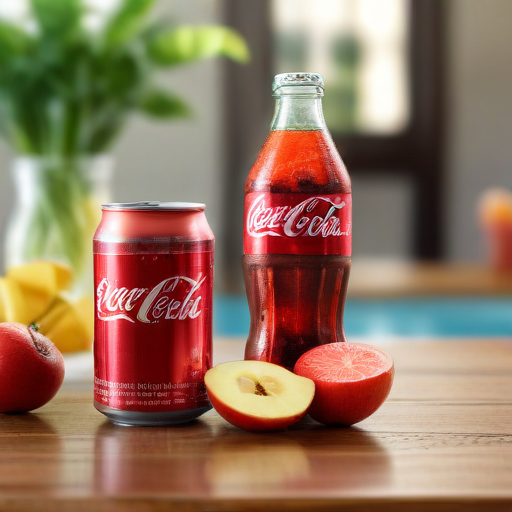In the United States, a shift towards weight loss medications and non-alcoholic alternatives is leading consumers to reduce their soda purchases. Despite this trend, Coca-Cola announced impressive second-quarter earnings this week, fueled largely by strong global demand for its beverage products, prompting the company to raise its full-year financial outlook.
James Quincey, Coca-Cola’s CEO, expressed optimism about the company’s performance, noting substantial growth in both topline revenue and operating income in a rapidly changing market. However, the company experienced a 1% decline in volume sales within North America, primarily attributed to a decrease in consumption in away-from-home channels, which include their water, sports drinks, coffee, tea, and soda selections.
Coca-Cola’s popular Fairlife milk brand and its flagship soft drink, Coca-Cola, partially alleviated the decline, achieving notable retail sales growth during the same period. To address the reduction in soda sales, the company is collaborating with restaurant chains to include its beverages as part of meal deals. For instance, they are reportedly working alongside McDonald’s to enhance the appeal of its $5 meal deal that includes a soft drink.
Despite challenges in the U.S. market, Coca-Cola’s second-quarter earnings of $12.4 billion exceeded Wall Street’s projections of $11.76 billion. The company reported earnings of approximately $0.84 per share, beating expectations of around $0.81. Looking ahead, Coca-Cola revised its forecast for organic revenue growth to between 9% and 10%, improving the previous estimate of 8% to 9%.
Similarly, PepsiCo faces difficulties in attracting U.S. consumers who are increasingly opting for healthier options. The trend towards reduced alcohol consumption among young adults, as noted in a Gallup poll, reflects a broader societal shift towards health-conscious choices, which continues to shape the beverage industry’s landscape.
In summary, while Coca-Cola faces some challenges in the North American market, its overall performance demonstrates resilience and adaptability. The company is actively pursuing strategies to maintain relevance in a changing consumer environment, focusing on partnerships and innovative offerings to keep their products appealing.
This shift indicates potential for a more health-conscious consumer base, presenting opportunities for innovation within the beverage industry. As consumers prioritize their health, companies that can pivot and adapt to these changes may thrive and capture a more loyal customer base in the long run.
